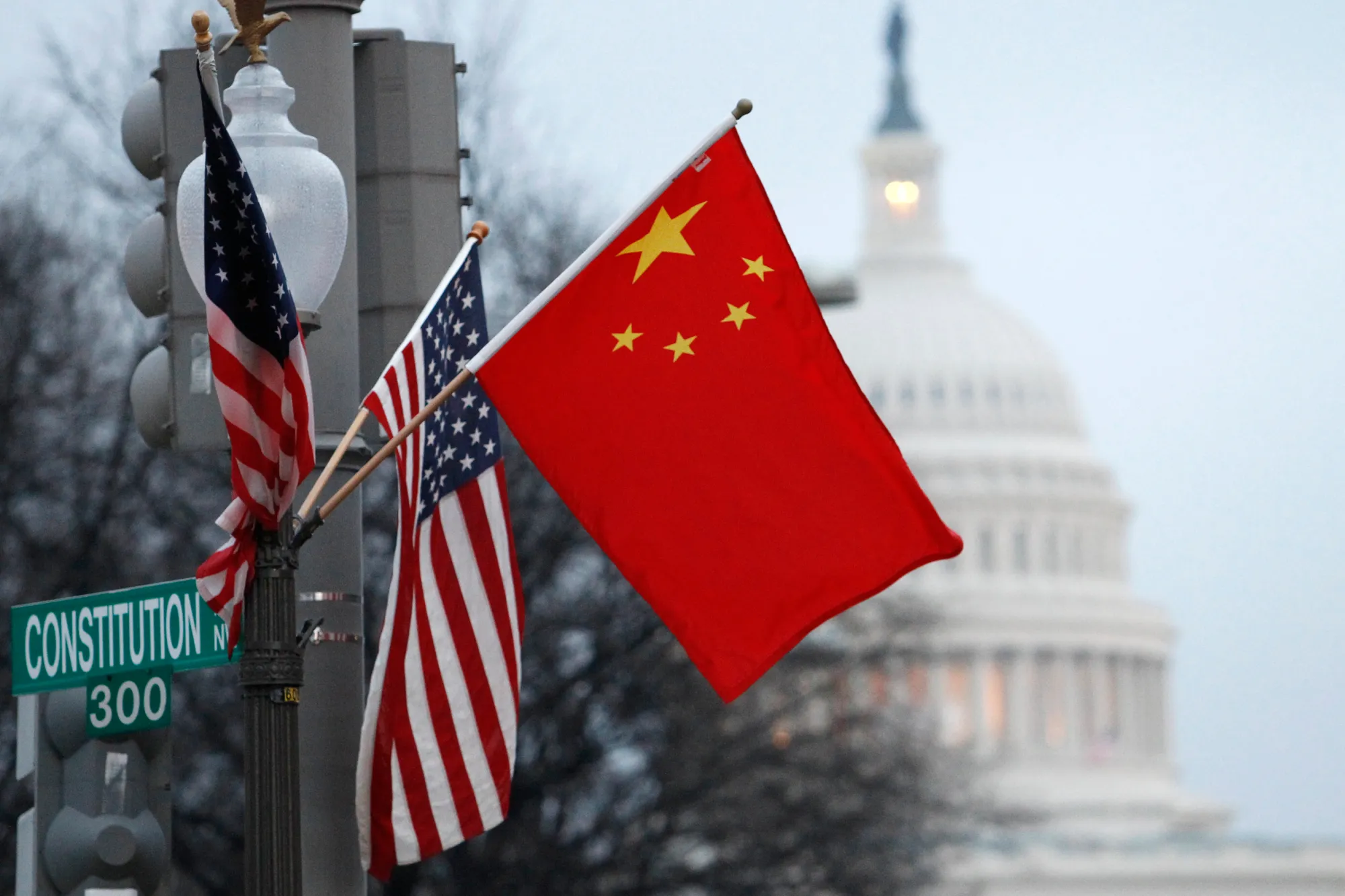Regarding to the US and China relation, the United States seeks a six-month extension to the landmark 1979 Science and Technology Agreement, which has been renewed nearly every five years.

US and China Relation: US administration seeks extension to STA with China (Photo: Importance of Technology)
The 1979 Science and Technology Agreement was the first US-China agreement signed following the normalization of US and China relation that year. If there will be no administrative action is taken to keep it alive, it will expire on Sunday.
According to South China Morning Post, the short-term extension would keep the STA in place while the US sought “authority to engage in negotiations to amend and strengthen [its] terms,” Reuters reported on Wednesday. The STA, signed by then-US President Jimmy Carter and Chinese leader Deng Xiaoping, has been renewed roughly every five years and serves as a “umbrella agreement” for bilateral scientific and technical cooperation.
In addition to the US and China relation, the Chinese scientific community, according to a Beijing-based science policy specialist who requested anonymity due to the sensitivity of the matter, would like to see the deal repeated. As per to the analyst, the STA benefited both countries. “For more than 40 years, China and the United States have collaborated in science and technology, and China has benefited greatly. The cooperation improved China’s overall scientific research level as well as its worldwide research standing.”
The deal’s uncertainty comes as the US strives to rebuild relations with China after some of the worst tensions in recent years – over issues such as trade, human rights, and high-tech rivalry – while maintaining national security.
READ ALSO: Will Social Security Ever Run Out Of Money? Find Out More!
In accordance to the US and China relation, lawmakers opposed renewing the deal, arguing that collaboration on sensitive technologies could assist China’s military modernization.
According to NBC News, some of the opposition to renewing the pact arises from China’s significant advances in science and technology since it was signed. As per to Caroline Wagner of Ohio State University, Chinese scholars have published a higher proportion of the world’s top 1% most referenced scientific papers since 2019.
In its approach to China, the Biden administration faces a delicate balancing act as it seeks to protect US national security without endangering their relationship. President Joe Biden established a policy last year aimed at cutting China off from advanced semiconductor chips, and this month he ordered limitations on US investment in China’s high-tech industries, including semiconductors, artificial intelligence, and quantum computing.
READ ALSO: Sam Williams Of Dallas Cowboys, Arrested On Multiple Charges After Preseason Game

















































